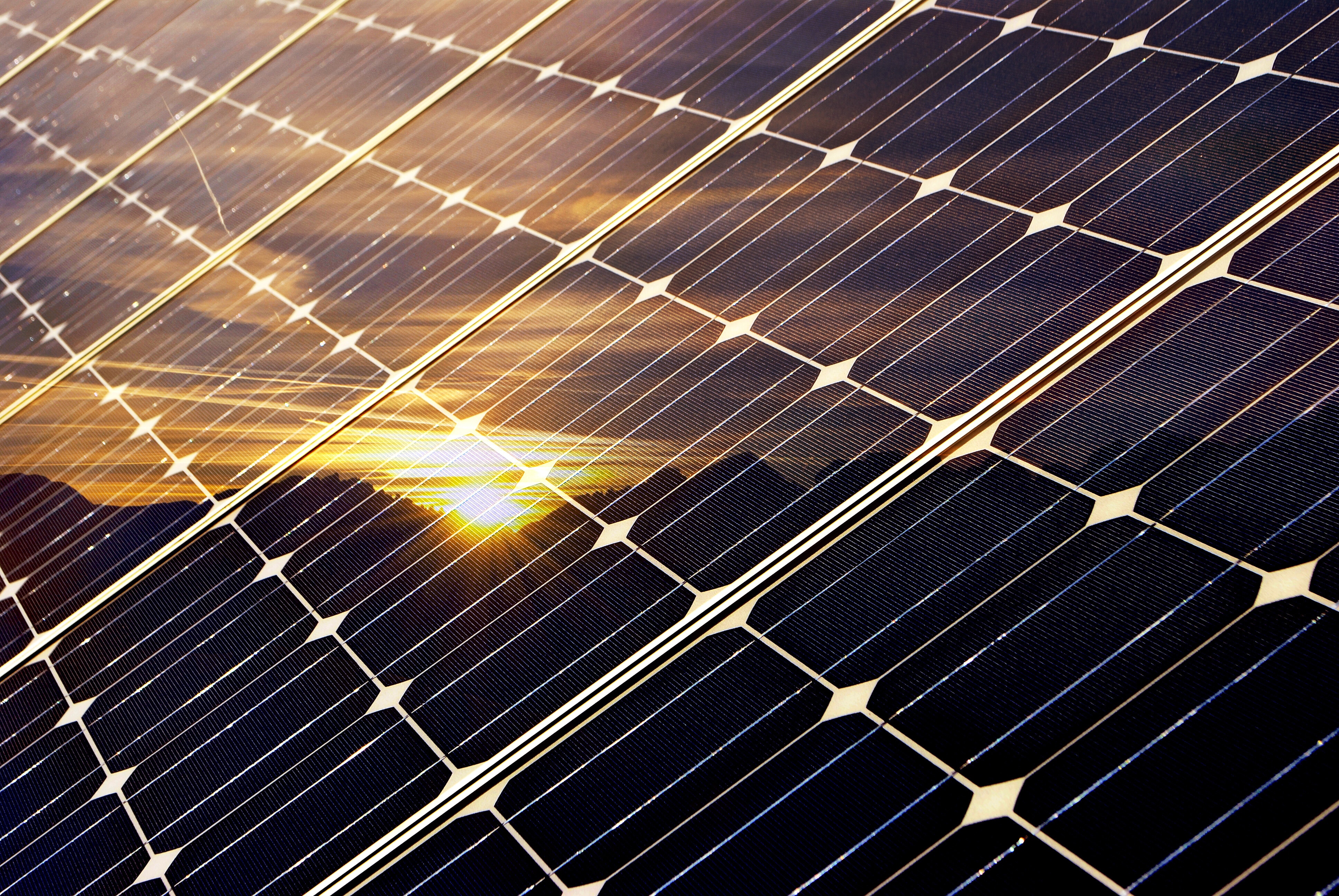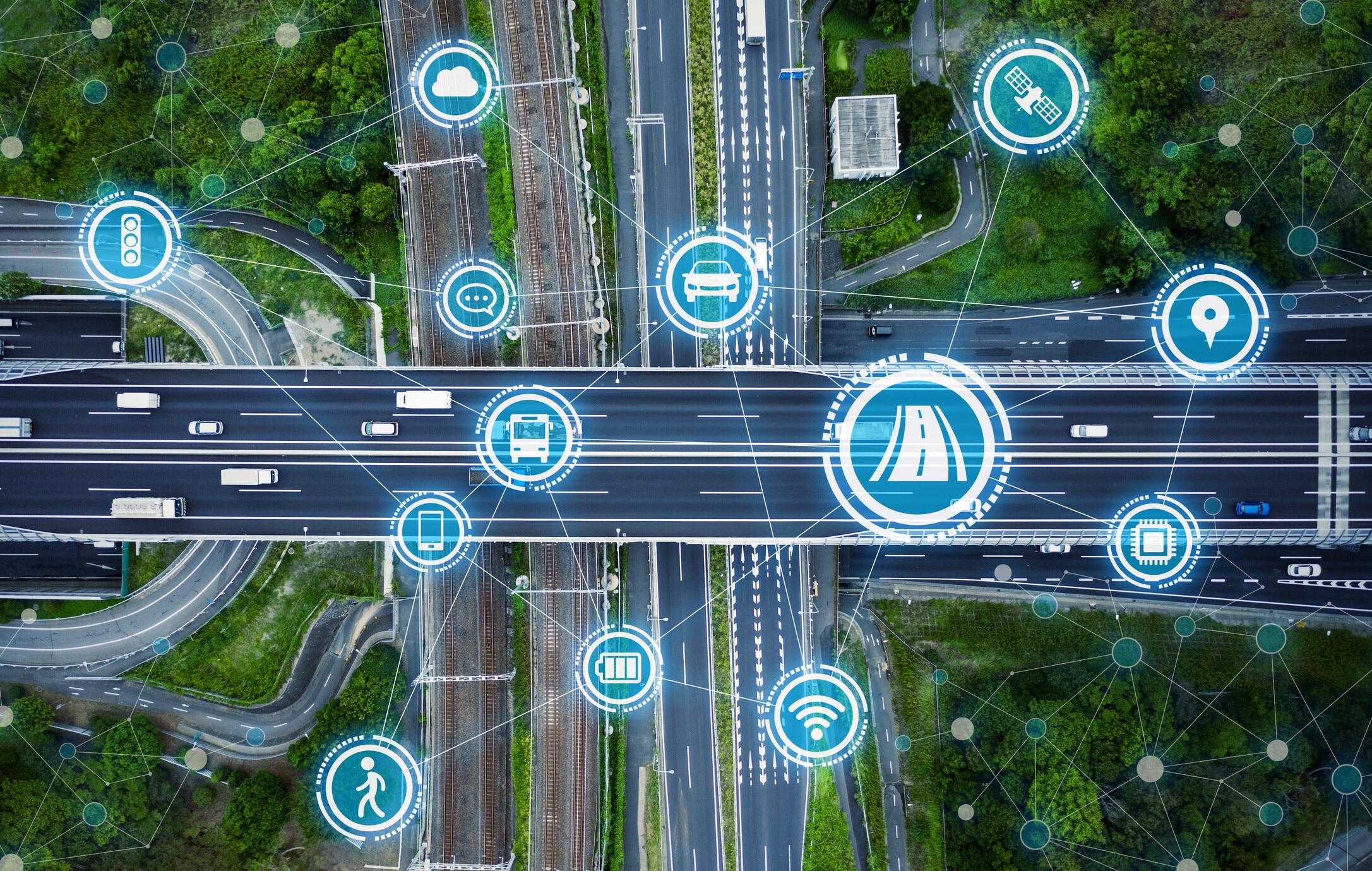How big data will make us more energy efficient

One of the by-products of smart grid technology – an energy grid that delivers power more efficiently and is able to detect faults before they happen – is that utility companies are amassing vast quantities of data on their customers.
Meter readings alone have accounted for a huge surge in customer information. It is not unusual for a large utility company to jump from around 24 million readings a year to 220 million per day when they upgrade to what is known as advanced metering infrastructure.
And that’s just meter data. Other intelligent devices used throughout the grid are also collecting vast quantities of information, yielding tremendous insight. The application of this big data means improved efficiency as well as new business opportunities.
Consulting firm Accenture recently estimated that installing smart meters could generate between $40 to $70 in annual savings for each customer.
Today, most utility companies replace equipment based on its shelf life. With smart monitoring, this process becomes much more sophisticated – and efficient – as devices are replaced only when they are about to fail.
Meanwhile, data captured before or during a storm can lead to much faster warnings and recovery from outages. And models developed after these events will allow us to better predict the nature of future outages. We’ll know ahead of time that a particular weather pattern is likely to result in many downed trees, allowing us to pinpoint problem areas and position workers accordingly.
With utility companies coming under increased pressure from renewable energy sources, big data and analytics offer the opportunity to develop new revenue streams.
For residential customers, utility companies have the data required to offer energy audits that can analyse energy consumption, household information and weather patterns (the angle of the sun, wind speeds and temperature). This can all be done remotely, so it’s incredibly convenient for the homeowner.
Microgrids – a building complex or campus with its own power generation and the ability to run while connected or disconnected from the grid – are another promising technological development. For microgrids to become common sources of power, they can draw on many of the operational processes already in use by existing energy providers. Utility companies can also benefit by using these microgrids to manage the main grid. Again, it is big data that is making this opportunity a reality.
Big data represents a significant opportunity for the electricity industry, but it also presents a risk. If we make decisions based on data, we must do so with integrity. The communication between systems must be secure. And it is critical that personal information such as household electricity usage be protected and only used as the customer allows.
Our future could be very consumer driven – an almost DIY approach with communities designing their own miniature grid – in which case energy providers become less and less relevant. Or utility companies can embrace change and improve their business. In each case, the consumer must own the data. If appropriate privacy and security measures are taken, we all win.
Author: Lorie Wigle is general manager of eco-technology at Intel Corporation and a member of the World Economic Forum’s Global Agenda Council on New Energy Architecture
Image: A view of the city of Chicago, March 23, 2014. REUTERS/Jim Youn
Don't miss any update on this topic
Create a free account and access your personalized content collection with our latest publications and analyses.
License and Republishing
World Economic Forum articles may be republished in accordance with the Creative Commons Attribution-NonCommercial-NoDerivatives 4.0 International Public License, and in accordance with our Terms of Use.
The views expressed in this article are those of the author alone and not the World Economic Forum.
Stay up to date:
Infrastructure
Forum Stories newsletter
Bringing you weekly curated insights and analysis on the global issues that matter.
More on Energy TransitionSee all
Thomas Leurent and Claus Reimers
January 20, 2026






